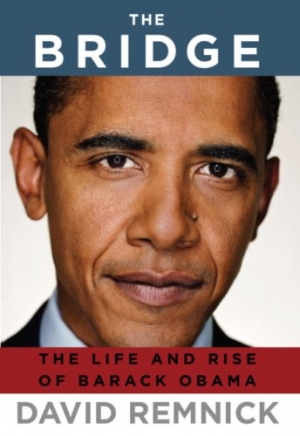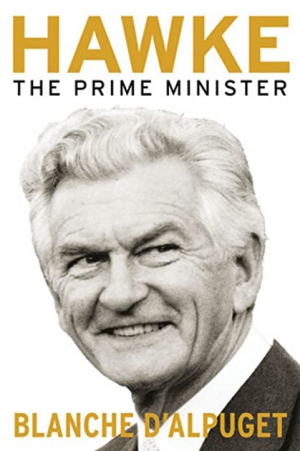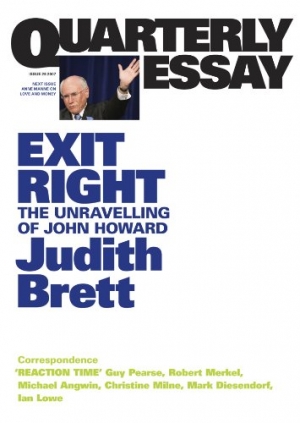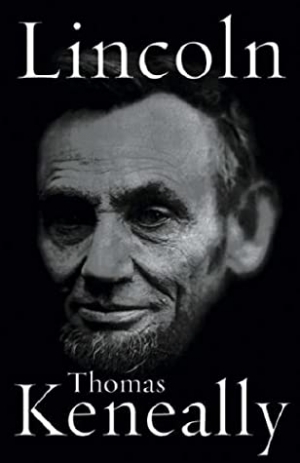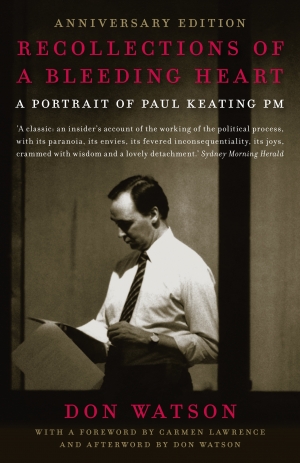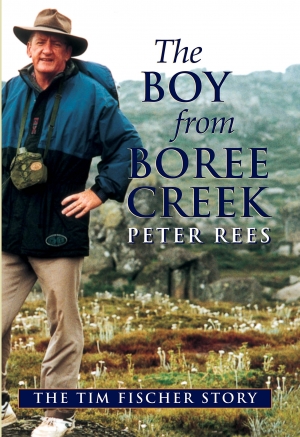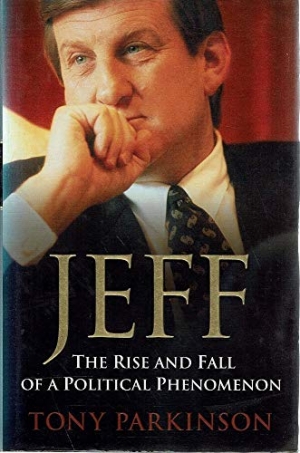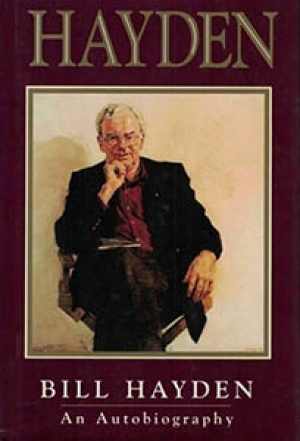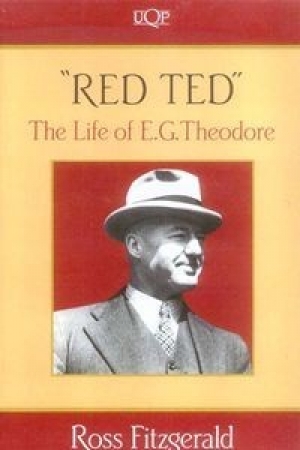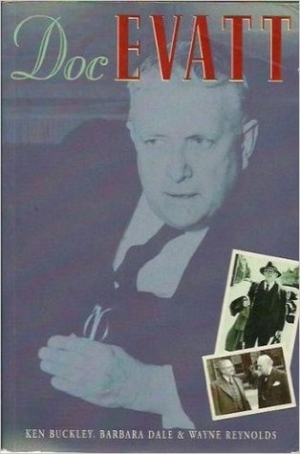Political Biography
Bruce Grant reviews 'The Bridge: The life and rise of Barack Obama' by David Remnick
When the book arrived for review, a paperback of 656 pages, my heart sank. Americans are the world’s greatest researchers. Reading it would be like drinking from a fire hose. But it began incisively, with a turning point in the 2008 presidential campaign that established Obama’s audacity as a ‘complex, cautious, intelligent, shrewd, young African-American man’ who would project his ambitions and hopes as the aspirations of the United States of America itself. Soon we were in Kenya, with Tom Mboya, Jomo Kenyatta, the Mau Mau uprising, and Barack Hussein Obama Sr, a promising young economist with a rich, musical voice and a confident manner on his way to the University of Hawaii. We also meet the most compelling character in the book, perhaps in Obama’s life: his mother, a seventeen-year-old from Kansas, intrepid and idealistic, who takes up with the dasher from Kenya, becomes pregnant and marries him.
... (read more)Bruce Grant reviews 'Hawke: The prime minister' by Blanche d’Alpuget
Needless to say, yet needing to be said, Australia’s twenty-third prime minister, R.J.L. Hawke, emerges from this interesting, sometimes engrossing yet disconcerting book smelling like roses. When MUP decided to publish, it must have seemed like a good idea. Deployed on television, Bob and Blanche were a marketing dream. But the result has a fatal flaw; it neither enlarges Hawke as a political leader nor advances d’Alpuget as a writer.
... (read more)Patrick Allington reviews 'Exit Right: The unravelling of John Howard' by Judith Brett and 'Poll Dancing: The story of the 2007 election' by Mungo MacCallum
Since the November federal election, kicking John Howard while he’s down has become something of a national pastime. While Howard’s take no-prisoners-except-on-Nauru behaviour has now exposed him to gleeful mass taunting, the idea that the end of his resilient political career has instantly created a noble Australia, its citizens and institutions cleansed and renew ed, is wishful thinking. In this context, Judith Brett’s new Quarterly Essay injects some welcome clear-headedness. Brett rains blows on Howard, but she is not a Howard-hater in the counterproductive and grandiose style of, say, Phillip Adams. Instead, she takes aim at the former prime minister in a characteristically nuanced and astute way. She bridges a gap – too often in Australia, a gulf – between scholars and interested laypeople, offering prose that is accessible and lively but that avoids dumbing down complex issues.
... (read more)Weidenfeld & Nicolson were both wise and fortunate in their choice of Thomas Keneally to write a study of Abraham Lincoln for their Lives series. He in turn gifted them, and us, with a story that listens closely to Lincoln’s words and sees some shape in the internal and external demons that so often troubled his life. Keneally’s narrative moves quietly alongside the Illinois rail-splitter as Lincoln transforms himself from local small-time politician to President of the USA.
... (read more)Neal Blewett reviews 'Recollections of a Bleeding Heart: A portrait of Paul Keating PM' by Don Watson
What is it about Paul Keating that so fascinated his retainers? Six years ago, John Edwards wrote a massive biography-cum-memoir taking Keating’s story to 1993. Now Don Watson has produced an even heftier tome. Narrower in chronological span – 1992 to 1996 – Watson is broader in his interests, more personal, more passionate ...
... (read more)Shaun Carney reviews 'The Boy from Boree Creek: The Tim Fischer story' by Peter Rees
In February 1996, as Australians prepared to elect the Howard government for the first time, Paul Keating addressed a trade union rally at the Melbourne Town Hall. Keating, knowing but not accepting that he would soon be ejected from the prime ministership, ran through a commentary on the leading figures in the Liberal–National coalition. Keating’s message was that these people were second-rate and would disgrace Australia if they won power. In reference to the National Party leader, Tim Fischer, Keating attracted a big laugh when he averred: ‘You know what they say – no sense, no feeling.’ Keating, who had previously described Fischer as ‘basically illiterate’, regarded his opponent as a joke. He was not alone. There were worries about whether Fischer would be up to the task of holding down a senior ministry, especially his chosen portfolio of trade, and of serving as acting prime minister when John Howard was ill or out of the country.
... (read more)Andrew Kaighin reviews 'Jeff: The rise and fall of a political phenomenon' by Tony Parkinson
Political biographies are renowned as being notoriously difficult to write. Given the peculiar role of authorisation this is not surprising. The ‘authorisation’ – the act of writing – of a political biography is diminished and crowded out by a subject who not only defines the work’s content, but can literally refuse to authorise the text. In this context, Tony Parkinson’s biography of Jeff Kennett, Jeff: The rise and fall of a political phenomenon, runs up against a subject who is particularly adept at controlling the manufacture of his personal and public self. Parkinson’s biography is unauthorised, but has survived its subject’s scrutiny.
... (read more)Gerard Henderson reviews 'Hayden: An autobiography' by Bill Hayden
Hayden: An autobiography is a fine book – one of the best political memoirs written by an Australian. It’s also a valuable historical work by a former politician who, thank God, doesn’t take himself too seriously.
Bill Hayden clearly made good use of his time as governor–general (1989–96) to undertake extensive research. In the acknowledgments section, the author gives generous thanks to librarians and archivists who assisted his endeavours. But it is clear that much of the detailed work was undertaken by Hayden himself.
... (read more)Bridget Griffen-Foley reviews '"Red Ted": The Life of E.G. Theodore' by Ross Fitzgerald
On the day of the last Federal election, I became engaged in an unlikely conversation with a helper for the ‘Call-to-Australia’ cause at my local polling booth. When I revealed that I had recently completed a research project on Dr H.V. Evatt, my elderly companion asserted that Evatt should not be hailed as the hero of the labour movement. Australia’s greatest politician, this former member of the Australian Labor Party informed me, was ‘Edward Granville Theodore’.
... (read more)Bridget Griffen-Foley reviews 'Doc Evatt: Patriot, Internationalist, Fighter and Scholar' by Ken Buckley, Barbara Dale and Wayne Reynolds
In his foreword to Doc Evatt, Jim Hagan claims that this is the fourth full-length biography of Dr. H.V. Evatt and suggests that only one other Australian politician has scored as many. Leaving aside the fact that Allan Dalziel never pretended that his book, Evatt the Enigma, was anything more than a profile of the man he worked with for twenty years, these assertions create the misleading impression that a substantial body of literature on Evatt exists. Academics have long lamented the lack of a comprehensive and scholarly biography of one of Australia’s most important and complex judicial and political figures. The very recent appearance of Peter Crockett’s Evatt: A life, characterised by wide-ranging research but a crude psychoanalytical approach, chronic disorganisation, a weakness in the analysis of international affairs, and a lack of historical perspective, disappointed in many ways.
... (read more)
